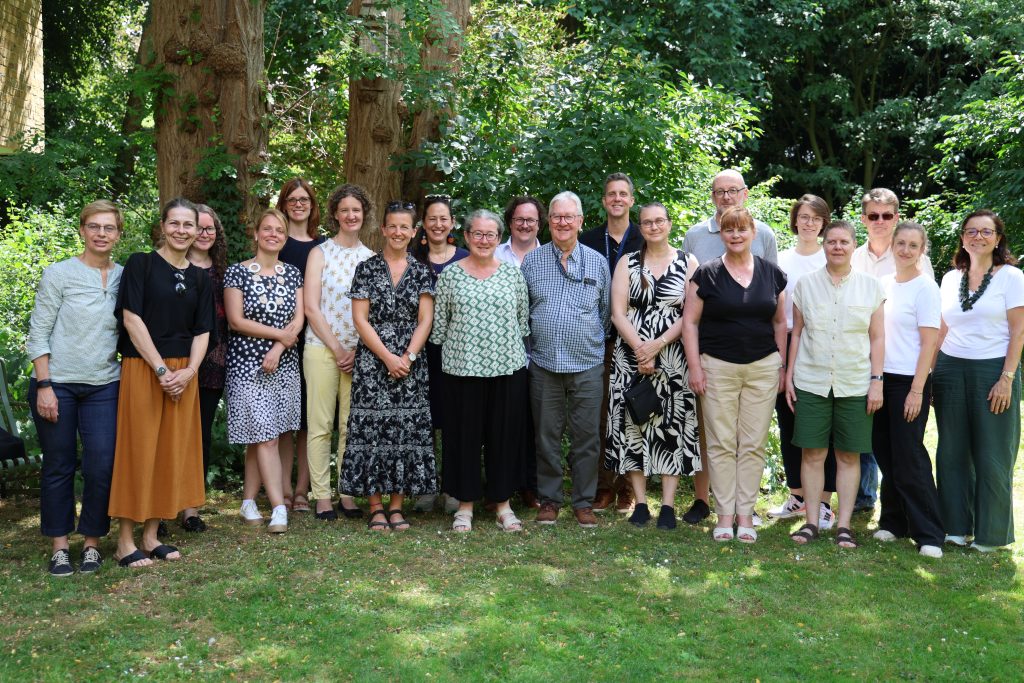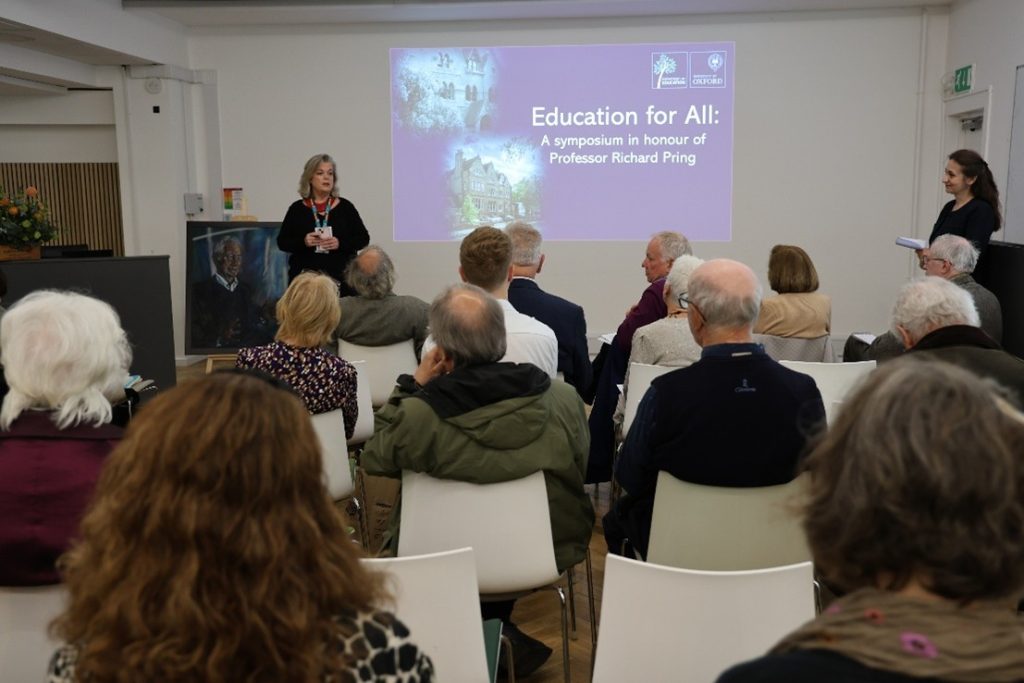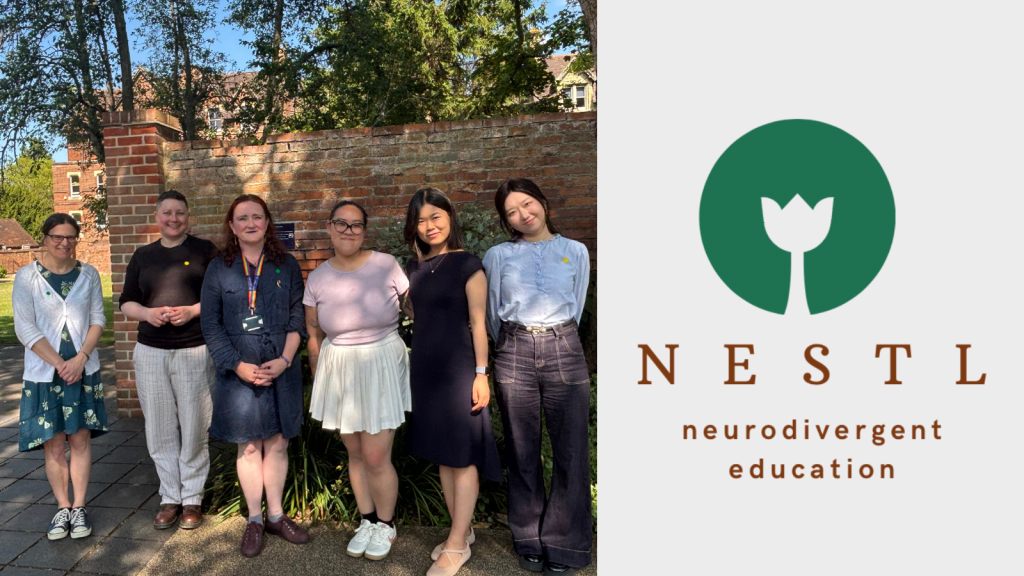Organisations:
NALDIC (National Association for Language Development in the Curriculum)
Provides a host of information and resources which are specifically relevant to EAL.
TeachingEAL
Provides details of a strategy, commissioned by the Training and Development Agency, for the development of the EAL workforce in schools.
Collaborative Learning
A teacher network promoting inclusive education. The website offers many downloadable resources and teaching activities which are EAL pupil friendly to promote talk in the classroom.
Schools Online
International website which assists schools in forming creative partnerships worldwide. The website is supported by The British Council and the DfES.
Languages without limits
Links to a plethora of sources of support for teachers and parents of children who speak EAL.
Intervention/ Educational Software:
Reading Recovery
Provides an outline of the Reading Recovery intervention including the aims of the programme; how to register for various Reading Recovery training and teaching positions; advice for parents with a child who struggles to read; latest research and news, and further information for schools and teachers.
Clicker5
Educational software which supports children’s sentence building, suitable for Early Years, Primary, Secondary and Post-16 pupils.
Oxford Reading Tree Talking Stories
Aim to support individual reading development and reading skills through the use of ICT.
Enchanted Learning
Offers downloadable activity sheets in seven languages. These are particularly good for the EAL beginner pupil.
WordGeneration
Provides details of a programme developed in the USA to enhance the academic vocabulary of Grade 6-8 children (UK Year 7-9).
Relevant Literature:
- Biemiller, A. (2005) ‘Size and sequence in vocabulary development: Implications for choosing words for primary grade instruction.’ In A. Hiebert & M. Kamil (eds.) Teaching and Learning Vocabulary: Bringing Research to Practice, Mahwah, N.J., Erlbaum, 223-242.
- Biemiller, A. (2006) ‘Vocabulary development and instruction: A prerequisite for school learning’ in D.K. Dickinson & S.B. Neuman (eds.) Handbook of Early Literacy Research: Volume 2, New York, The Guilford Press, 41-51.
- Biemiller, A. & Boote, C. (2006) ‘An effective method for building meaning vocabulary in primary grades.’ Journal of Educational Psychology, 98 (1), 44-62.
- Burgoyne, K., Kelly, J., Whiteley, H. & Spooner, A. (2009) ‘The comprehension skills of children learning English as an additional language’ The British Psychological Society, 79, 735-747.
- Cunningham, A.E. & Stanovich, K.E. (1997) ‘Early reading acquisition and its relation to reading experience 10 years later.’ Developmental Psychology, 33, 934-945.
- Cutting, L.E. & Scarborough, H.S. (2006) ‘Prediction of reading comprehension: Relative contributions of word recognition, language proficiency, and other cognitive skills can depend on how comprehension is measured’ Scientific Studies of Reading, 10 (3), 277-299.
- Gregory, E. (1996) Making Sense of a New World: Learning to Read in a Second Language, London, Paul Chapman Publishing.
- Hart, B. & Risley, T.R. (1995) Meaningful Differences in the Everyday Experience of Young American Children, Baltimore, Brookes.
- Hoff, E. (2006) ‘Environmental supports for language acquisition.’ in D.K. Dickinson & S.B. Neuman (eds.) Handbook of Early Literacy Research: Volume 2, New York, The Guilford Press, 163-172.
- Hoff, E. (2003) ‘Causes and consequences of SES-related differences in parent-to-child speech. In M.H. Bornstein & R.H. Bradley (eds.) Socioeconomic status, parenting and child development, Mahwah, NJ, Erlbaum.
- Hoff. E. & Naigles, L. (2002) ‘How children use input in acquiring a lexicon.’ Child Development, 73, 418-433.
- Hutchinson, J.M., Whiteley, H.E., Smith, C.D., & Connors, L. (2003) ‘The developmental progression of comprehension-related skills in children learning EAL’ Journal of Research in Reading, 26 (1), 19-32.
- Jean, M. & Geva, E. (2009) ‘The development of vocabulary in English as a second language children and its role in predicting word recognition ability.’ Applied Psycholinguistics, 30, 153-185.
- Lesaux, N.K., Geva, E., Koda, K., Siegel, L.S. & Shanahan, T. ‘Development of literacy in second-language learners’ in D.August & T. Shanahan (2008) Developing Reading and Writing in Second-Language Learners: Lessons from the Report of the National Literacy Panel on Language-Minority Children and Youth, New York, Routledge, 27-59.
- Lesaux, N.K., Lipka, O. & Siegel, L.S. (2006) ‘The development of reading in children who speak English as a second language.’ Developmental Psychology, 39 (6), 1005-1019.
- Lesaux, N.K., Rupp, A.A. & Siegel, L.S. (2007) ‘Growth in reading skills of children from diverse linguistic backgrounds: Findings from a 5-year longitudinal study.’ Journal of Educational Psychology 99 (4), 821-834.
- Lipka, O. & Siegel, L.S. (2007) ‘The development of reading skills in children with English as a second language.’ Scientific Studies of Reading, 11 (2), 105-131.
- Nakamoto, J., Lindsey, K.A. & Manis, F.R. (2007) ‘A longitudinal analysis of English language learners’ word decoding and reading comprehension.’ Reading and Writing, 20, 691-719.
- Nation, K. (2005) ‘Children’s reading comprehension difficulties.’ In M.J. Snowling & C. Hulme (eds.) The Science of Reading: A Handbook, Oxford, Blackwell Publishing, 248-265.
- Nation, K. & Snowling, M.J. (2004) ‘Beyond phonological skills: broader language skills contribute to the development of reading.’ Journal of Research in Reading, 27 (4), 342-356.
- Penno, J.F., Wilkinson, I.A.G. & Moore, D. (2002) ‘Vocabulary acquisition from teacher explanation and repeated listening to stories: Do they overcome the Matthew effect?’ Journal of Educational Psychology, 94 (1), 23-33.
- Proctor, P.C, August, D., Carlo, M. & Snow, C. (2005) ‘Native Spanish-speaking children reading in English: Toward a model of comprehension.’ Journal of Educational Psychology, 97 (2), 246-256.
- Senechal, M., Ouellette, G. & Rodney, D. (2006) ‘The misunderstood giant: On the predictive role of early vocabulary to future reading.’ in D.K. Dickinson & S.B. Neuman (eds.) Handbook of Early Literacy Research: Volume 2, New York, The Guilford Press, 173-182.
- Senechal, M (2006) ‘Testing the Home Literacy Model: Parent involvement in kindergarten is differentially related to Grade 4 reading comprehension, fluency, spelling and reading for pleasure’, Scientific Studies of Reading, 10 (1), 59-87.


















